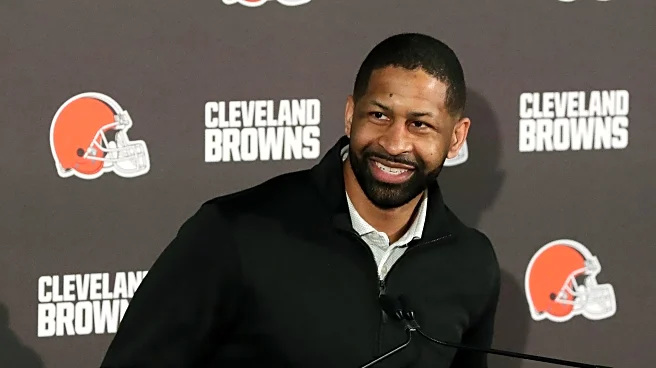Rapid Read • 7 min read
The NCAA has announced that the men's and women's basketball tournaments will remain at 68 teams for the 2025-26 season, postponing any expansion discussions until at least 2027. This decision was confirmed by Dan Gavitt, the NCAA's Senior Vice President of Basketball, who stated that proposals to increase the number of teams have been tabled. The current format, adopted in 2011, includes a play-in game that expanded the field from 65 teams. The decision comes amid significant changes in college sports, including name, image, and likeness legislation and unlimited transfers, which have led to realignment and concentration of schools in fewer conferences. While some coaches support expansion for its potential commercial benefits and increased player participation, critics argue it could dilute the tournament's significance.
AD
The decision to maintain the current tournament size has implications for college basketball's competitive landscape. Keeping the format at 68 teams preserves the exclusivity and prestige of earning a tournament bid, which is crucial for schools from non-power conferences. Expansion could have provided more opportunities for smaller programs to participate, potentially increasing their visibility and revenue. However, maintaining the status quo ensures that the tournament remains a highly competitive event, with significant stakes for participating teams. This decision also impacts media partners and sponsors, who benefit from the established format's predictability and popularity.
The NCAA's decision to delay expansion discussions until 2027 means that stakeholders will continue to debate the merits of a larger tournament. Coaches, athletic directors, and conference officials may push for changes that align with the evolving college sports landscape. The conversation around expansion will likely focus on balancing commercial interests with the integrity of the tournament. As schools continue to navigate realignment and the impacts of name, image, and likeness legislation, the NCAA may revisit the issue to address these dynamics.
AD
More Stories You Might Enjoy













